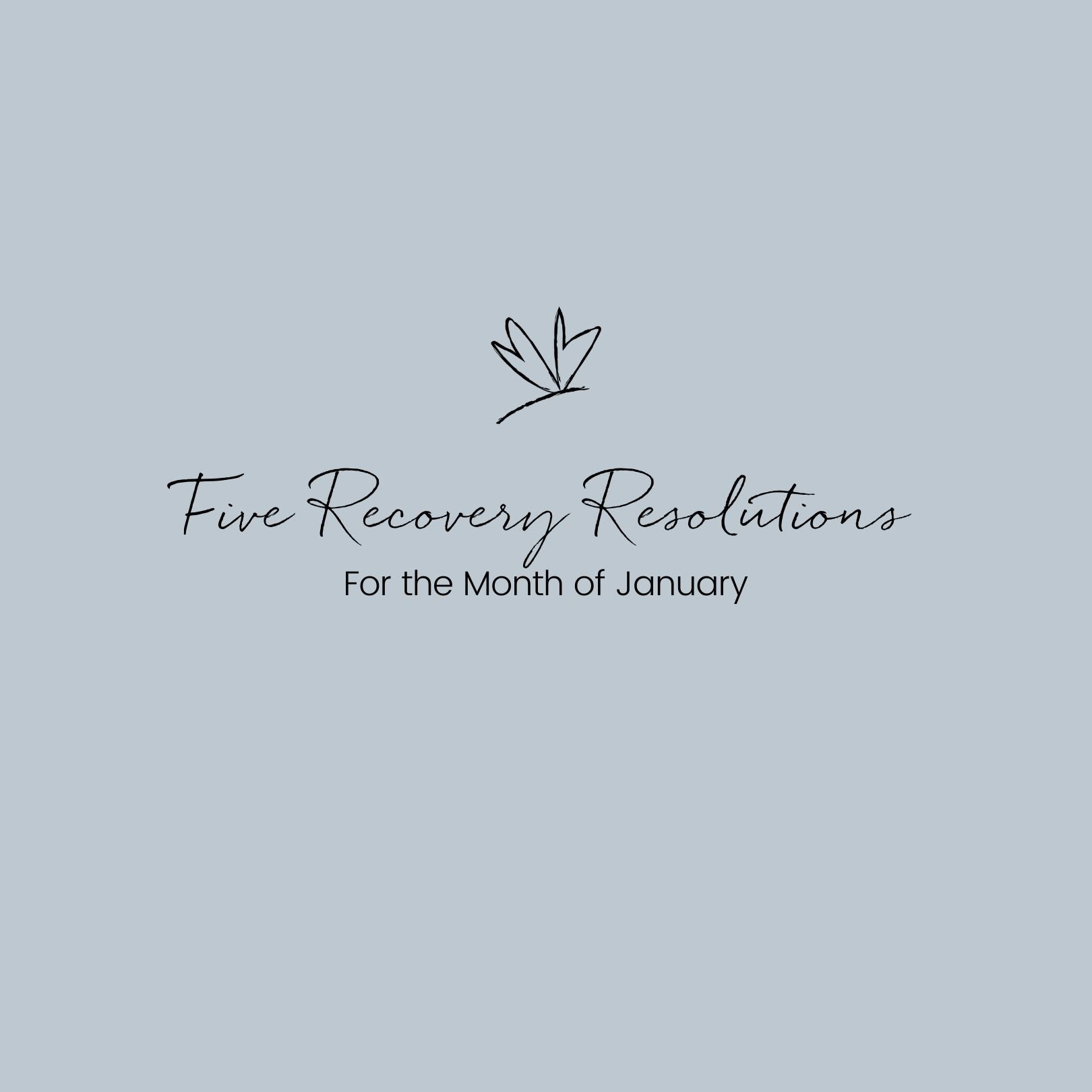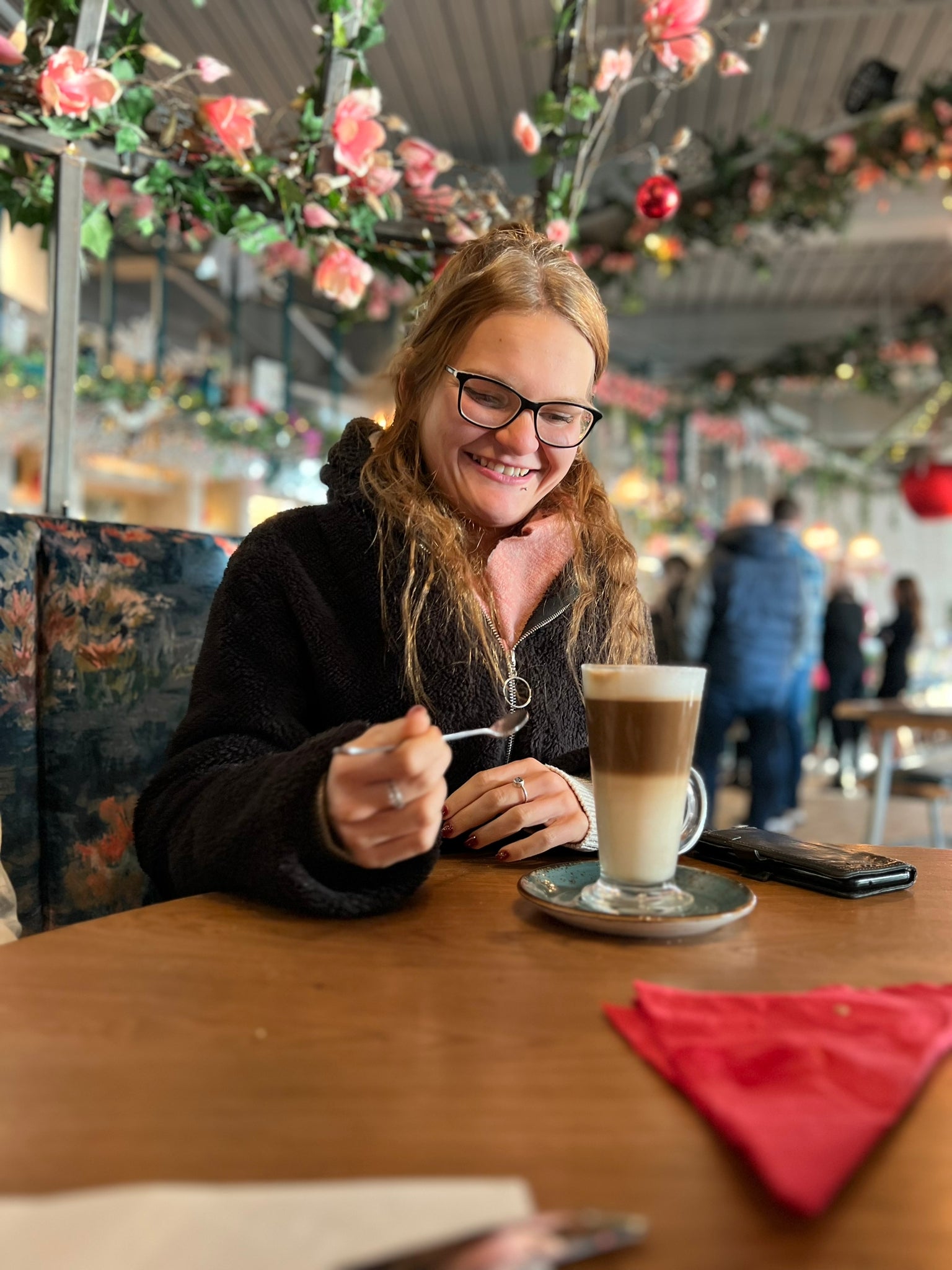Are Schools Ignoring the Tragedy of Eating Disorders?
With schools across the UK reopening their doors, there’s no denying that this will be the most challenging of starts to an Autumn term ever to have been experienced by pupils and staff.
Emerging beyond lockdown, and through a summer unlike anything we’ve ever been through, we’re now facing a ‘new look’ education arena which encompasses social distancing, heightened hygiene regimes, face covering protocols, and many other changes to routine and teaching delivery.
And yet, as significant as all these increased ‘demands’ are on the teaching fraternity, let’s not shy away from discussing issues and ‘needs’ which have long existed in schools, and which desperately need addressing.
Children experiencing or vulnerable to eating disorders have, whether we feel comfortable admitting it or not, been a factor of the school space for decades.
And yet, despite the fact that eating disorders are hardly a new reality, the education environment has still struggled to tackle the illness, or at the very least, to understand it.
Is that because teaching and pastoral staff don’t want to confront such a challenging issue?
Is it that they lack training and a level of informed empathy with which to support their young people?
Or is it because they’re often left frustrated when they have reached out to statutory services for help – and have met with closed doors or little desire to assist?
The answer probably varies from school to school, case by case, but naturally, we can assume that the overwhelming majority of teaching and support staff in a school environment want to do absolutely everything in their power to confront eating disorder issues, and find a constructive way of supporting and aiding recovery.
When Wednesday’s Child first created its Schools Protocol in 2019, it did so with this challenging backdrop in mind.
We’ve always understood that this illness needs a very special level of comprehension in the education environment, and appreciated that we would need to ‘hold the hand’ of staff and families and students, if we were to be able to help a school deal more successfully with this huge issue.
Eating disorders are so much more ‘specific’ in their required support needs, and generalised mental health approaches are not always effective.
It’s more important than ever, that as classrooms kickstart in this covid phase, we don’t risk schools dumping the issue of eating disorders into a hotch-potch of other anxiety related struggles, and failing to address the required unique understanding.
How do we do that effectively?
Ironically – education is a good place to start.
Education of teachers, parents, peers, school counsellors, medical staff, sports coaches, catering teams – all of these matter if we’re to achieve a good school-based competency around dealing with eating disorders.
What factors would that ‘whole school community’ need to explore?
At the very least:
- How are we talking about eating disorders, body image, food and exercise in the classroom, in learning, and in peer to peer social conversation?
- Food service. How are meal times conducted? Is the school environment making it likely that a person struggling with an eating disorder would have their behaviours worsened in any way?
- Recognition and Reporting. Do peers know they can report concerns about themselves and others? Do teachers know what to recognise and to whom to report fears?
- Referral Pathways. Is it understood who in the locality could support a school and their pupil with an eating disorder?
Schools need to understand that eating disorders lurk, grown and progress on the foundations of many different components, and that no one ‘type’ of child should be considered to be ‘less vulnerable’.
We all accept that this is an incredibly demanding and ‘busy’ time for schools in the autumn term of 2020, but there is no excuse for failing to address an illness which claims all too many lives – of children and adults – every year.
If we can help you, your school, or your staff, please email hello@wednesdayschild.co.uk
- Aug 2020





